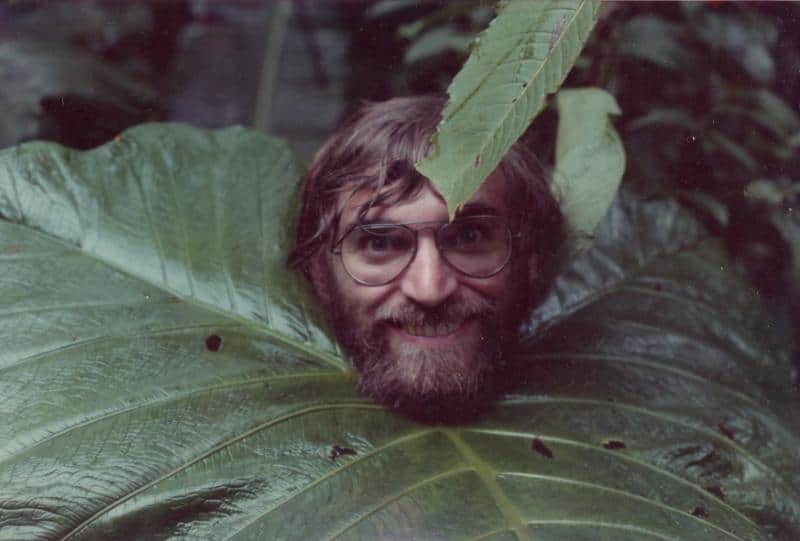Jake Hoke and his girlfriend, Maureen O’Keefe, opened the Tierra de Sueños (Land of Dreams) Lodge in Costa Rica nine months ago. Far away from the bustle of their former home in Washington D.C., the hotel situated on Playa Chiquita on the country’s southern Caribbean coast, soon took on a literal meaning.
Underneath the drone of insects and the crashing tides of the ocean, the couple felt they slept better than ever before. They began to experience deeper sleep and more vibrant dreams. Hoke joked that vivid images of sloths will sometimes invade his siestas.
“I think general consensus is that people who come here sleep better to the constant hum of the wildlife,” Hoke, 24, said Monday.
A new poll claims what many Costa Rican residents, like the owners of Tierra de Sueños, insist on in their websites: The clatter of the rainforest can help you relax. In Costa Rica, the tweets of toucans, chirps of geckos and the patter of rain produce a serenade heard in many areas surrounding hotels.
The survey, commissioned by Che-ssington World of Adventures Resort, questioned 2,000 adults in the United Kingdom about how they fall asleep. It found that one in five Brits prefer jungle noises to help them sleep.
“One thing these noises do is stop intrusive thoughts,” John Shneerson, president of the British Sleep Society and consultant at Papworth Sleep Center in Britain, told Reuters. “These are normally worries about the previous day, or worries about tomorrow, any active thoughts that prevent people from drifting into sleep. A semi-repetitive noise like wind blowing or waves crashing, which has an occasional rhythm change, works by distracting you.”
For that matter, even sounds like a ticking click can induce sleep. Survey respondents considered birdcalls and the reverberation of waves the most soothing. Snoring ranked as the most annoying sound.
Milly Anz, 49, who runs the Luna Llena Hotel in Montezuma, on the southern tip of the Nicoya Peninsula, also promotes on her website falling asleep to the calls of the wild.
One regular of the hotel, a man from New York, informed Anz that he toggled between a machine that made the sound of the ocean, the wind and the rain to block out the racket of the city.
“You got that here for free,” he told Anz.
Anz, who came to Costa Rica 17 years ago from Germany, said some guests require adjusting after arriving from the city.
“If you imagine where they are coming from, apartment blocks in Los Angeles [California, U.S.] or Hamburg [Germany] or wherever, and then they come here to this rustic setting, sometimes people are scared, and we have to explain that this is part of the whole jungle experience,” Anz said. “And then they come around and they’re proud of themselves and they can handle it. It’s always fun to see how other people react.”
Manuel Villalobos, 33, can list off a dozen of the animals guests hear at night at the hotel he works at Encanta la Vida, on the Osa Peninsula in Costa Rica’s Southern Zone. The Osa hosts many creatures that cannot be found anywhere else in the world. Exotic birds, unusual mammals like coatimundis and agoutis and all four species of the country’s monkeys live in the region.
Of course, some animals can be more soporific than others. The hoteliers noted that the booming bellow of a howler monkey will definitely keep guests awake and have visitors asking, “What the heck is that?”
The more pacifying noises can even be heard on a CD called “The Sounds of Costa Rica.” Jeremy Gray, 23, visited the Gondoca Wildlife Refuge on the Caribbean coast last year and used high-quality microphones to record the wilderness. I-Sight Records market the 4-track album (Track titles: “Early Morning Creek,” “Deep Jungle,” “Waves Passing By,” and “Evening Crickets”) as yoga music or a sleep aid.
The last time Hoke returned to the United States, he started to value more his bed in Tierra de Sueños. Not that he and O’Keefe were tossing and turning and unable to doze off in the city. But to them there appears to be a different type of sleep that comes with slumbering in the jungle.
Said Hoke: “We even had guests [Monday] morning say we had the craziest dreams and the deepest sleep.”






